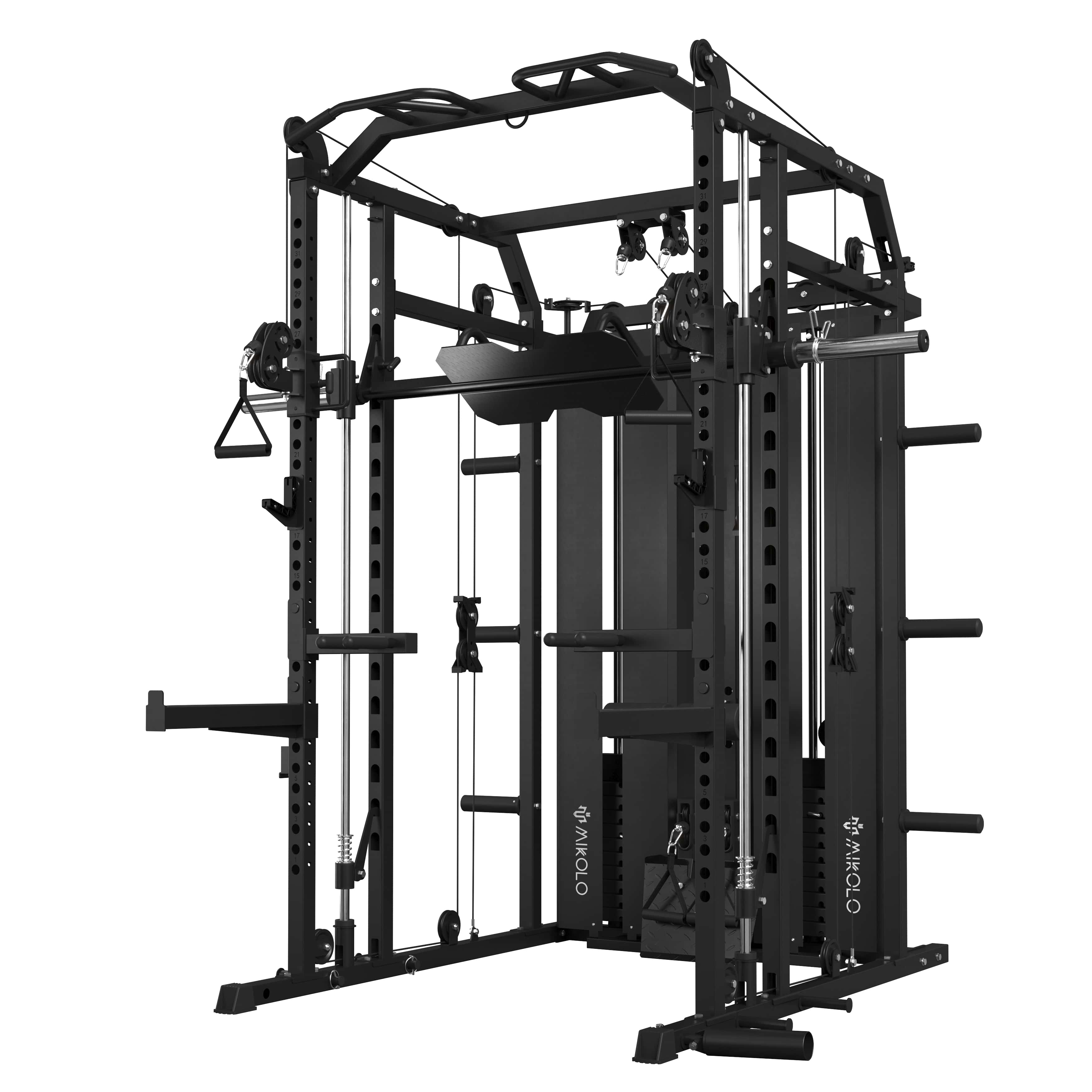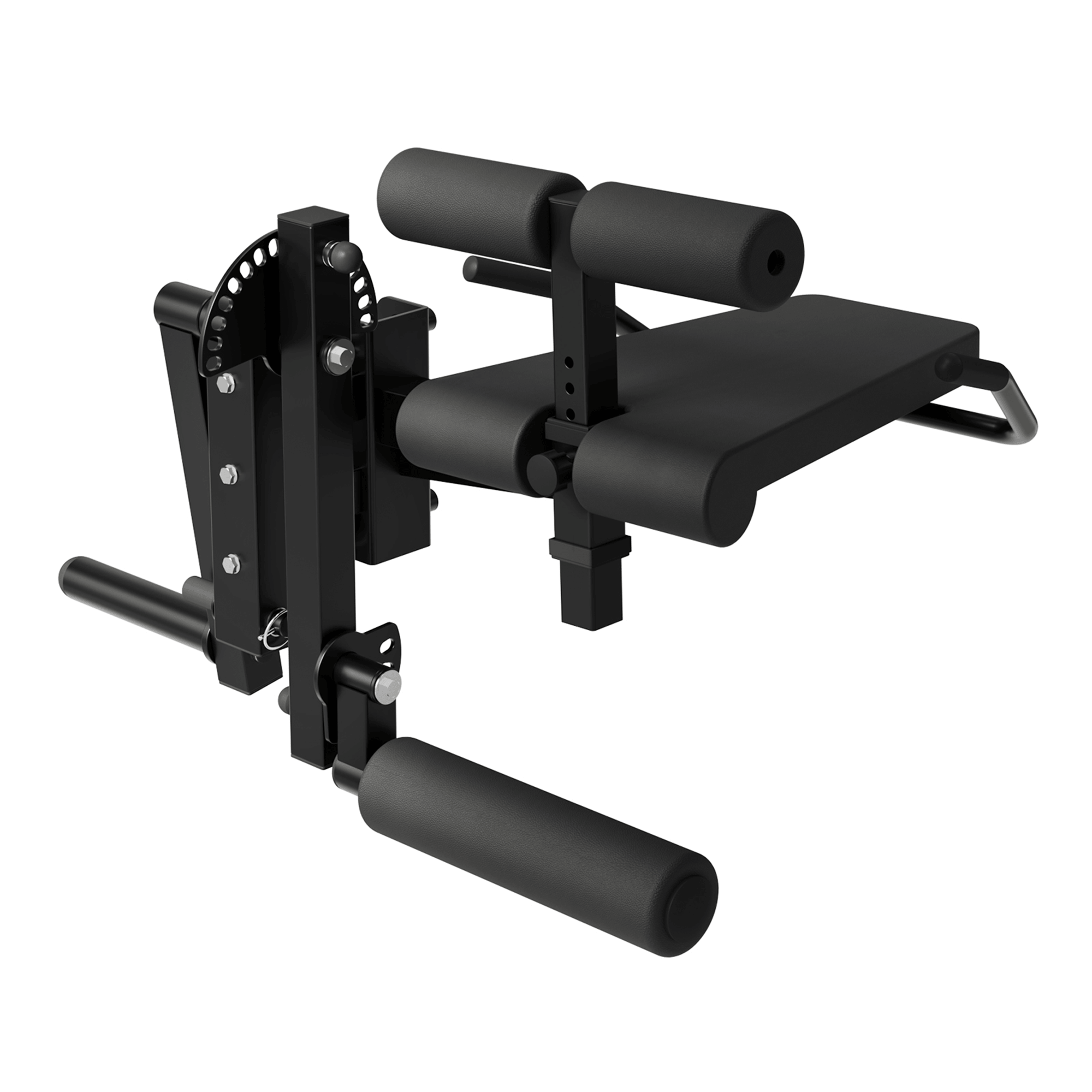When it comes to training effectively, understanding which muscles are used in each exercise is key to maximizing results and preventing injury. Whether you're aiming for muscle growth, strength, or overall fitness, knowing the muscles used in exercise helps you train with purpose—not guesswork.
In this article, we’ll break down how various exercises engage different muscle groups, offer guidance on balancing your training, and share a personal story that illustrates how this knowledge can change your fitness journey.
Why Knowing Muscles Used in Exercises Matters
Every exercise targets specific muscles, either as the primary movers (agonists) or as supporting muscles (synergists and stabilizers). Understanding this breakdown allows you to:
-
Build balanced routines that hit all major muscle groups
-
Avoid overtraining certain areas while neglecting others
-
Choose better exercises for your specific goals—whether that's hypertrophy, endurance, or performance
-
Improve mind-muscle connection for more effective workouts
Common Exercises and the Muscles They Target
Let’s take a look at some foundational exercises and the major muscles they work:
Upper Body
-
Bench Press
Primary: Pectoralis major (chest)
Secondary: Triceps, anterior deltoids -
Pull-Ups / Lat Pulldowns
Primary: Latissimus dorsi (back)
Secondary: Biceps, rhomboids, rear deltoids -
Overhead Shoulder Press
Primary: Deltoids (shoulders)
Secondary: Triceps, upper traps -
Barbell Rows
Primary: Lats, rhomboids
Secondary: Biceps, rear delts
Lower Body
-
Squats
Primary: Quadriceps, glutes
Secondary: Hamstrings, calves, core -
Deadlifts
Primary: Glutes, hamstrings, lower back
Secondary: Lats, traps, forearms -
Lunges
Primary: Quads, glutes
Secondary: Hamstrings, calves
Core
-
Planks
Primary: Rectus abdominis, transverse abdominis
Secondary: Shoulders, lower back -
Russian Twists
Primary: Obliques
Secondary: Rectus abdominis
How to Build Smarter Workouts
Use this knowledge to structure a week of training that covers all major muscle groups. For example:
-
Day 1: Upper body push (bench, shoulder press)
-
Day 2: Lower body (squats, lunges)
-
Day 3: Upper body pull (pull-ups, rows)
-
Day 4: Core + mobility work
Make sure to vary movement patterns and adjust load to challenge different muscle fibers and joint angles.
Personal Note: Why This Matters
Years ago, I hit a plateau—despite training five days a week. Turns out, I was overworking my chest and arms, but barely training my back or hamstrings. Once I mapped exercises to the specific muscles used, I completely restructured my routine.
Within a month, my posture improved, lifts went up, and nagging shoulder pain disappeared. Sometimes it’s not about doing more, but doing the right things for the right muscles.
Final Thoughts
Understanding exercises and muscles used isn’t just for personal trainers or bodybuilders—it’s essential knowledge for anyone serious about results. By targeting muscles with intention, your workouts become more effective, more efficient, and ultimately, more rewarding.









































Leave a comment
This site is protected by hCaptcha and the hCaptcha Privacy Policy and Terms of Service apply.